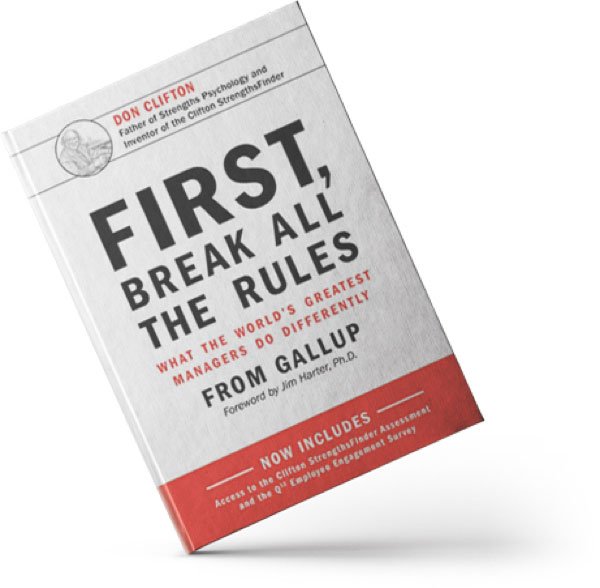THE UNDERWATER CRISIS WE CAN’T IGNORE
Plastic pollution is one of the biggest environmental tragedies of our time. It’s no wonder sustainability and the hunt for a ‘greener’ world is constantly in the news. At the forefront of scientific discovery. With over 8 million tonnes of plastic being dumped into our ocean every year, a race for a more environmentally friendly solution is underway. Aiming to reduce plastic pollution and consumption.
Over the last decade little change has been implemented to the way in which we consume and produce plastic. As a result, our oceans have been littered with waste and its responsible for the destruction of marine habitats. ‘The Great Pacific Garbage Path’ containing up to 617,800 square miles of accumulated plastic waste has been found to directly correlate to the release and high levels of lead, cadmium and mercury toxins being found in our oceans. Resulting in up to 100 million marine animals dying from entanglement or ingestion of plastic waste.
IT’S NOT ALL DOOM AND GLOOM: THERE IS A SOLUTION! (KIND OF)
Through extensive research and developments in modern technology, companies are creating solutions to tackle plastic pollution in our oceans today.
- One approach is to design and install physical barriers and nets around coastal cities to catch and contain plastic debris in the ocean. These barriers are specially designed to be buoyant and lightweight. They work by passively collecting plastic due to the ocean’s currents. Companies must ensure the design is able to collect varying sizes of plastic debris. Otherwise, they could be left to settle at the bottom of the ocean. This need solution needs to ensure there is little or no disruption to marine life.
- Another method to help clear existing plastic in the ocean being developed involves machines and robots. They’ll be used in areas of the ocean known as ‘gyres’. Gyres are a phenomenon where plastic in the ocean is found to naturally congregate due to the Coriolis effect of the earth’s rotation and ocean’s currents. Creating large masses of plastic on the water’s surface. Using this natural phenomenon machines and automated submarines can be deployed to collect and remove large masses of plastic. Making sure they are correctly recycled and disposed of.
- Companies are working to develop biodegradable plastics from renewable, natural resources. Using things such as corn-starch which can breakdown quicker without releasing harmful toxins into our ocean and food chain. This solution requires scientists to advance existing technology to develop a new material with a specific set of desired properties. The result being that it will decompose quicker and cause less harm to marine life. This development comes with many challenges such as production methods and scaling issues. Extensive research and product development needs to happen before a product reaches consumers globally.
- Perhaps the most sought-after solution to plastic pollution is waste management. Companies across the globe are working to develop enhanced recycling solutions to create a process to collect, separate and processes plastics to be recycled more efficiently. By developing a process that can correctly recycle and reuse plastic, we are able to both collect waste already in our oceans and reduce the production demand of plastic products. Ultimately reducing our consumption.
GOOD FOR THE ENVIRONMENT AND THE ECONOMY?
Well yes. The good news is the government is keen to encourage and incentivise businesses to develop new scientific and technological solutions to help to resolve and revert the detrimental impact of plastic pollution in our oceans. The research and develop (R&D) tax relief scheme provides generous financial support to companies to help them fund their research projects by providing a tax rebate or tax reduction on qualifying expenditure. In addition to R&D tax relief, targeted grants are available to support companies in specific areas of development.
If your company is working towards taking a more proactive approach to protecting the environment by conducting and investing in research and development, and you would like more information as to how we can help, contact the CP Innovation team to arrange a call to discusses to grants and tax relief schemes available to you.
PLASTIC PACKAGING TAX
And a final thought. We all recognise that it’s going to take time for plastic packaging to be fully eliminated from products. In an effort to encourage and force change the government has introduced new rules. Since 1st of April 2022 all UK companies importing or manufacturing over 10 tonnes of plastic packaging have to register and submit quarterly returns. It’s essentially a tax to try and help reduce the amount of single use plastic in business.


















